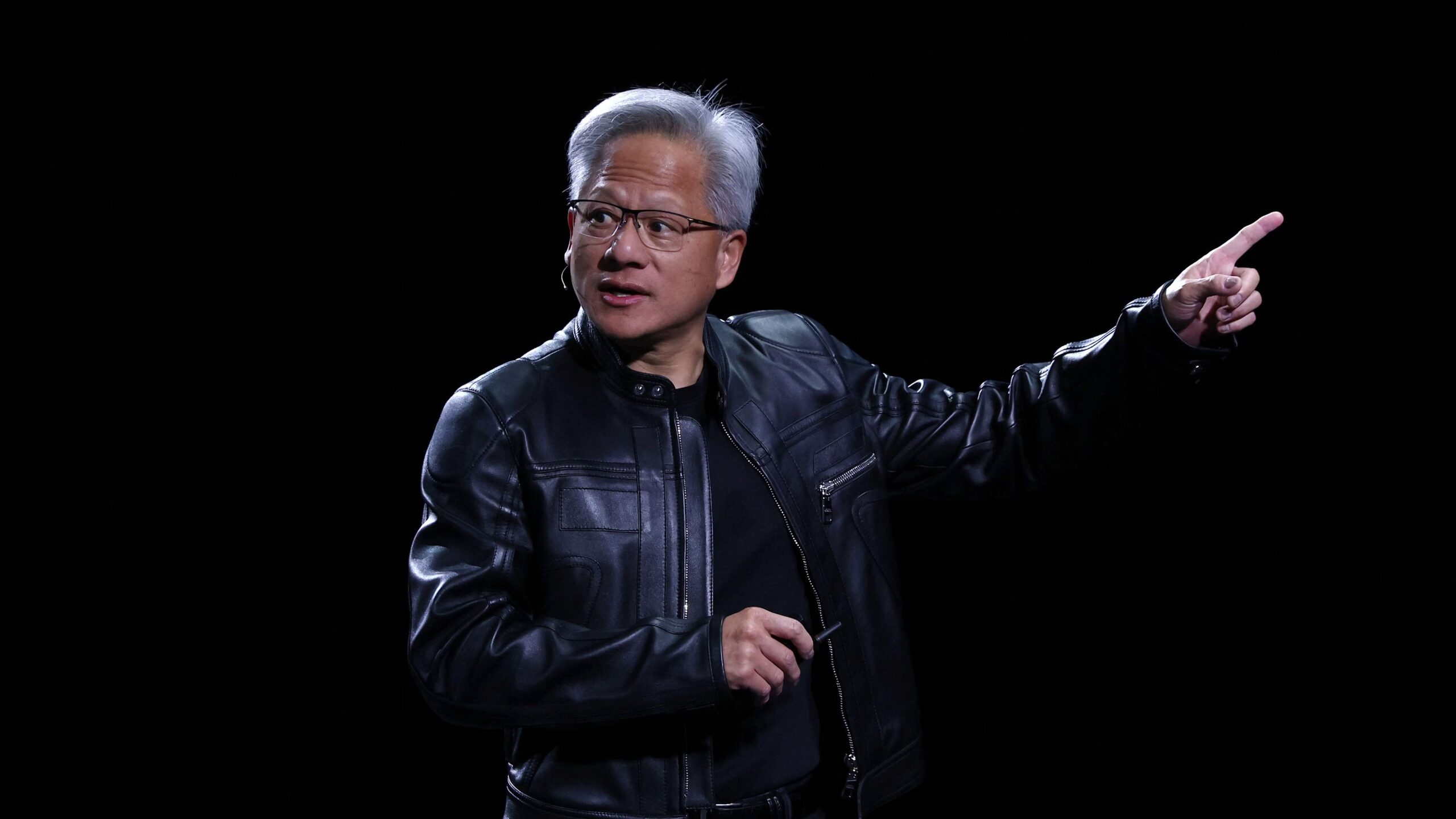
Nvidia’s boss, Jensen Huang, has expressed his “disappointment” after China reportedly ordered its top technology companies to stop purchasing the firm’s artificial intelligence chips. Huang told BBC News that the U.S. needs to ensure that people “can access this technology from all over the world, including China.” He added that “the advance of human society is not a zero-sum game” and that it is possible for both the U.S. and China to succeed. Huang, who is one of several tech bosses accompanying U.S. President Donald Trump on his state visit to the UK, said he expects to discuss the matter with Trump. He stated that he would “support the US” in its efforts to resolve geopolitical issues.
Navigating Geopolitical Conflicts
The reported order from China’s Cyberspace Administration follows a tumultuous period for Nvidia’s business in the region. The U.S. had previously banned the sale of Nvidia’s most advanced chips to China for national security reasons but reversed the ban in July. As part of a deal, Nvidia has to pay 15% of its Chinese revenues to the U.S. government.
The latest directive from China reportedly targets Nvidia’s RTX Pro 6000D, a chip specifically manufactured for the Chinese market. This comes as China’s market regulator has also accused Nvidia of violating Chinese anti-monopoly laws, though no details were provided.
The Broader AI Competition
Nvidia has become central to the AI boom, with its chips powering data centers globally. However, China is working to rival the U.S.’s global dominance in the AI space and has been developing its own chips. Large Chinese tech companies like DeepSeek, Tencent, and Alibaba, which had previously ordered Nvidia chips, were reportedly told to halt their purchases. The message to the Chinese tech industry is now reportedly “loud and clear”: build domestic systems.
Amid these tensions, Nvidia recently announced investments into the UK as part of a tech pact between the U.S. and the UK. This includes supplying chips to the Stargate UK data center in collaboration with OpenAI, Arm, and NScale.
Author’s Opinion
Nvidia, as a leading American company, finds itself caught in the middle of a global power struggle. China’s move, while couched in terms of security and anti-monopoly, is a clear response to U.S. export controls and an attempt to bolster its own domestic AI industry. This conflict illustrates a new reality where a company’s success is not just determined by its technology but also by its ability to navigate a world increasingly divided by economic and political rivalries. It shows that even with a product in high demand, geopolitical tensions can severely disrupt business operations and force companies to make difficult choices between satisfying different governments’ demands.
Featured image credit: Heute
For more stories like it, click the +Follow button at the top of this page to follow us.
